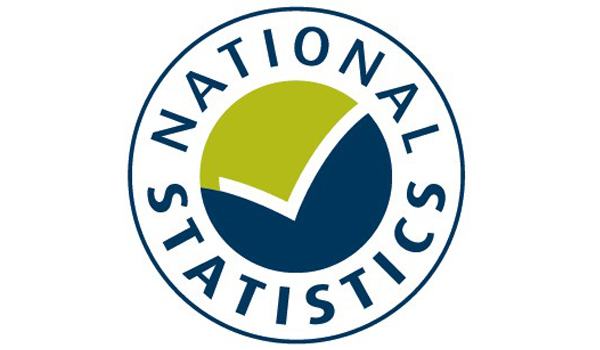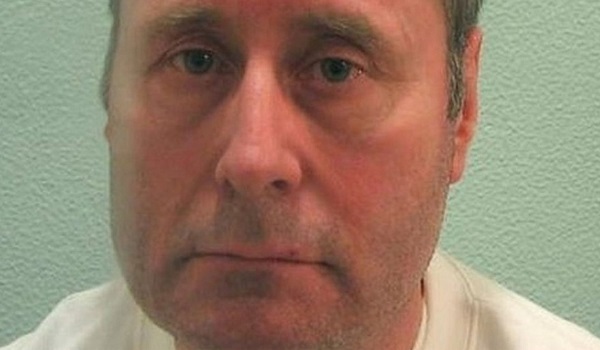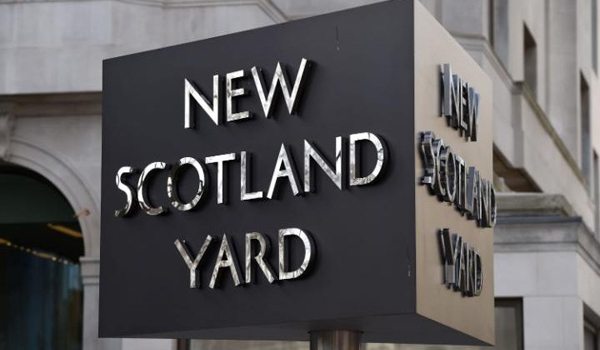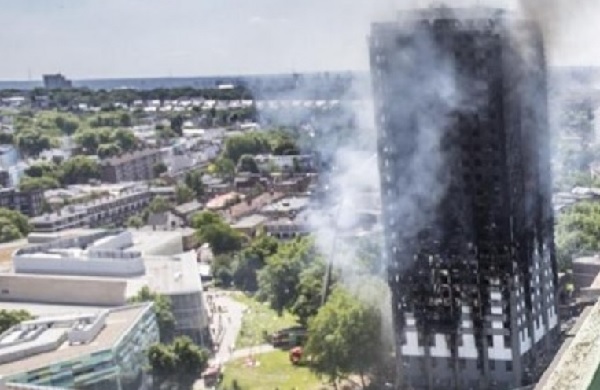Sharp rise in convictions for sex crimes in Scotland
The number of convictions for sexual crimes in Scotland is now at its highest level in a decade.
And there has been a significant increase in rape and attempted rape convictions, up more than 40 per cent between 2017/18 and 2018/19.
Latest figures for criminal proceedings published yesterday (March 31) by Scotland’s Chief Statistician show that convictions for all sex crimes have risen by 46 per cent since 2009/10, with 1,215 convictions in 2018/19. This is nine per cent higher than in 2017/18 (1,112 convictions).
The Scottish government report says convictions for sexual crimes are now 61 per cent higher than their lowest point in the past decade in 2010/11 (756 convictions). The rise in part reflects a corresponding rise in the number of people being proceeded against in court, up 89 per cent since 2010/11, from 933 proceedings to 1,762 in 2018/19, the highest number this decade.
The category of ‘other sexual crimes’ has grown, now making up the majority (60 per cent) of all sex crimes. The number of convictions in this category has almost doubled in the last decade, from 366 in 2009/10, to 734 in 2018/19 –an 11 per cent increase in the past year, from 659 convictions in 2017/18.
The report says the long-term growth in the proportion of this crime type has been partly driven by increases in convictions for “taking, distribution, possession, etc, of indecent photos of children”, and for “communicating indecently”.
While total convictions for rape and attempted rape increased by 43 per cent to 152 in 2018/19, this remains below the recent peak of 56 per cent in 2012/13.
Custody was the most frequently used disposal for ‘rape and attempted rape’, being imposed on 93 per cent of people with a charge proven, with average sentences the longest of all crime types (other than life sentences). The average sentence for rape and attempted rape is now at the highest in the past ten years – up 48 days (two per cent) in 2018/19 to 2,626 days (more than seven years).
However, the report said that overall, the total number of people proceeded against in Scottish courts for all crime types fell by six per cent to 89,733 in the year to 2018/19. This is the same as the fall in the number of people convicted, down six per cent to 78,503.
This continues the general downward trend of the past ten years. Falls in convictions for breach of the peace and common assault continued in 2018/19, down 13 per cent and 12 per cent respectively. There were also notable falls in the number of convictions for crimes against public justice (down 11 per cent), dangerous and careless driving (down 18 per cent), and drugs crimes (down eight per cent).
Convictions for non-sexual crimes of violence decreased by three per cent in 2018/19 to 1,781. This was driven by a 12 per cent fall in robbery convictions.
The number of convictions with a domestic abuse identifier attached fell by seven per cent in 2018/19 to 9,210 – the fourth consecutive year of decline. Levels have been falling since 2014/15 but remain eight per cent higher than when numbers were at their lowest of the last decade in 2010/11 (8,566 convictions).
The new statutory domestic abuse aggravator, used for the first time in 2017/18, was attached to 7,752 (84 per cent) of these cases.
In 2018/19, the majority of people convicted of an offence with a domestic abuse identifier recorded were male (8,168 convictions or 89 per cent). This has fallen slightly from 90 per cent in 2009/10, although the proportion has changed very little in recent years.
In 2018/19 the most common crime types with a domestic abuse identifier recorded against a conviction were:
- Breach of the peace, which made up 43 per cent of domestic abuse convictions (3,957) – of these, the majority were for offences of “threatening or abusive behavior” or stalking;
- Common assault (26 per cent or 2,421 convictions); and
- Crimes against public justice (20 per cent or 1,836 convictions).
In contrast to the overall decrease in convictions, the number of custodial sentences given in court grew by two per cent in 2018/19 – up from 11,980 the previous year to 12,220. This is the second lowest level since 2009/10, but the first rise seen since 2011/12, with the proportion of sentences that are custodial reaching its highest level this decade, at 16 per cent.
The use of short custodial sentences has fallen over the past ten years, with the proportion of sentences of three months or less in 2018/19 falling to 26 per cent, down from 38 per cent in 2009/10.
In 2018/19, the average custodial sentence length, excluding life sentences, was 326 days. This is three per cent longer than in 2017/18, and 16 per cent longer than in 2009/10 (281 days).
The use of community sentences fell again this year, down 12 per cent in 2018/19, from 17,303 the previous year to 15,206. The report says this is “in the context of the overall decrease of six per cent in the total number of convictions, but is in contrast to the general increasing trend in the use of community sentences since 2010/11”. It adds that the decrease was driven by a 16 per cent fall in the number of Community Payback Orders issued, although there were increases in the use of other types of community sentence, with the number of Restriction of Liberty Orders and Drug Treatment and Testing orders issued increasing by five per cent and nine per cent respectively.
Among the measures available to the police for dealing with minor offences directly, Recorded Police Warnings (RPWs) accounted for 61 per cent of these in 2018/19, with 22,070 issued. This is up 27 per cent compared with 2017/18. The majority (68 per cent) were issued for drugs offences, breach of the peace, and shoplifting.
The number of anti-social behaviour fixed penalty notices fell by 19 per cent in 2018/19 to 8,890.







